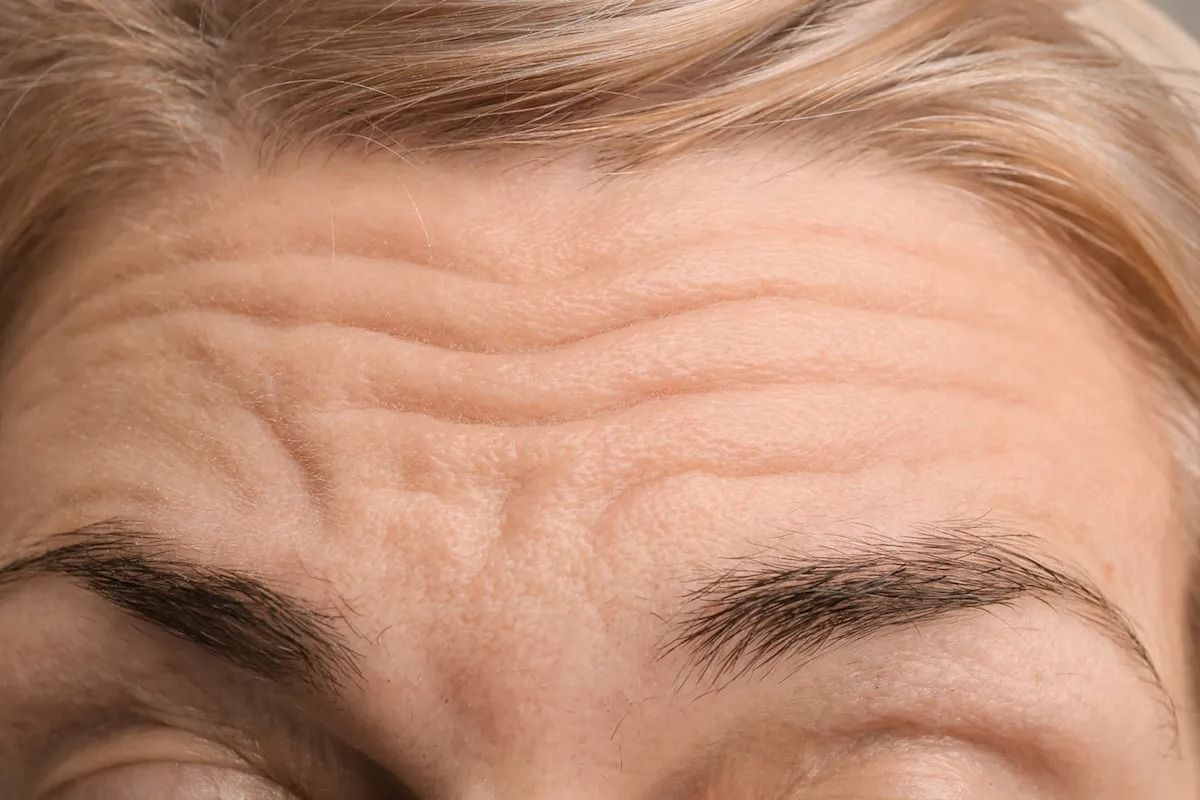Chewing Gum: Cleans Teeth Naturally
The humble pack of chewing gum, often overlooked but never underappreciated. For decades, chewing gum has been a staple in many people’s daily lives, providing a quick breath freshener and a momentary distraction from the daily grind. However, chewing gum has a secret: it’s not just a flavorful treat, but also a natural teeth cleaner. In this article, we’ll delve into the world of chewing gum and explore its surprising benefits for oral health.
To understand how chewing gum can clean teeth naturally, we first need to examine the composition of saliva. Saliva is a clear, watery liquid produced by the salivary glands in the mouth, and it plays a crucial role in maintaining oral health. Saliva contains enzymes that break down food particles, neutralize acids, and remineralize teeth. When we chew gum, it stimulates the production of saliva, which in turn helps to clean our teeth.
A study published in the Journal of Oral Science found that chewing gum increased saliva production by up to 10 times, leading to a significant reduction in tooth decay and gum disease.
But that’s not all - chewing gum also has a mechanical cleaning effect on teeth. As we chew, the gum Rubs against our teeth, dislodging food particles and plaque. This gentle abrasive action helps to remove surface stains and smooth out the tooth surface, making it more difficult for bacteria to adhere.
The Science Behind Chewing Gum
So, what makes chewing gum so effective at cleaning teeth? The answer lies in its unique combination of ingredients. Most chewing gums contain a mixture of sweeteners, flavorings, and texturizers, which work together to stimulate saliva production and provide a mechanical cleaning action.
| Ingredient | Function |
|---|---|
| Sweeteners (e.g. xylitol, sorbitol) | Stimulate saliva production, inhibit bacterial growth |
| Flavorings (e.g. spearmint, peppermint) | Mask bad breath, stimulate saliva production |
| Texturizers (e.g. gum base, softeners) | Provide mechanical cleaning action, improve gum texture |
In addition to its natural cleaning properties, chewing gum has also been shown to have a number of other oral health benefits. For example, chewing gum can help to:
- Reduce tooth decay and gum disease
- Freshen breath and reduce bad breath
- Whiten teeth and remove surface stains
- Strengthen tooth enamel and reduce sensitivity
How to Choose the Right Chewing Gum for Oral Health
- Look for gum that contains xylitol or other sugar-free sweeteners
- Choose gum with a soft, pliable texture that won't damage teeth or dental work
- Opt for gum with a mild flavor that won't irritate the mouth or throat
- Avoid gum with added sugars, artificial flavorings, or coloring
While chewing gum is a natural and effective way to clean teeth, it’s not a replacement for regular brushing and flossing. In fact, the American Dental Association recommends chewing sugar-free gum for 20 minutes after meals to stimulate saliva production and help clean teeth.
Can chewing gum really replace brushing and flossing?
+No, chewing gum is not a replacement for regular brushing and flossing. While it can help stimulate saliva production and provide a mechanical cleaning action, it's not a substitute for proper oral hygiene.
How often should I chew gum to get the oral health benefits?
+The American Dental Association recommends chewing sugar-free gum for 20 minutes after meals to stimulate saliva production and help clean teeth.
Can I use chewing gum if I have dental work or sensitive teeth?
+Yes, but it's best to choose a gum that's specifically designed for sensitive teeth or dental work. Look for gum that's sugar-free and has a soft, pliable texture that won't damage teeth or dental work.
In conclusion, chewing gum is more than just a flavorful treat - it’s a natural teeth cleaner that can provide a range of oral health benefits. By stimulating saliva production and providing a mechanical cleaning action, chewing gum can help reduce tooth decay and gum disease, freshen breath, and even whiten teeth. So next time you reach for a piece of gum, remember that you’re not just satisfying your sweet tooth - you’re also giving your teeth a natural cleaning.



